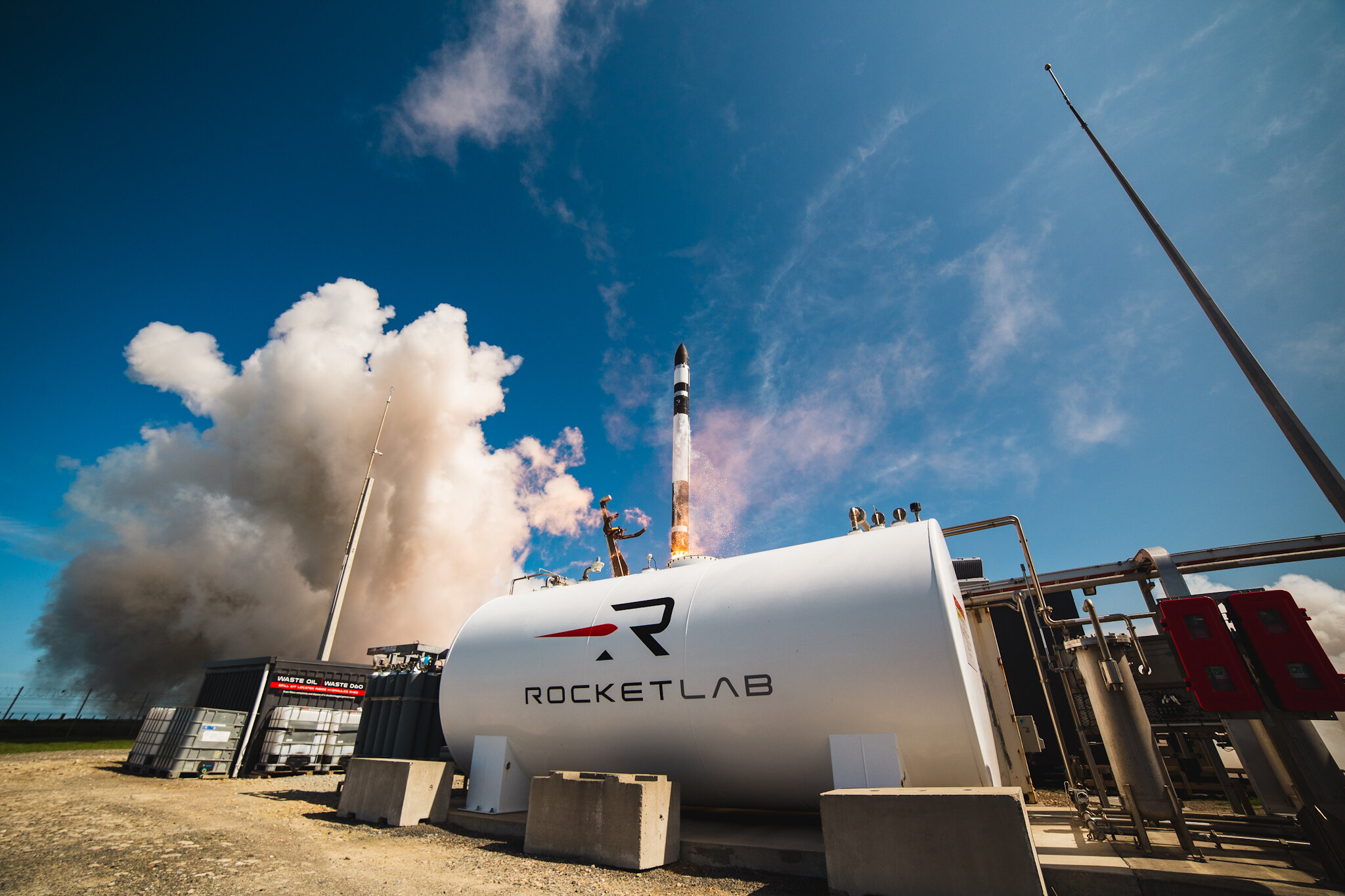Rocket Lab (RKLB +0.51%), a developer of partially reusable orbital rockets, has taken its investors on a wild ride since going public by merging with a special purpose acquisition (SPAC) company on Aug. 25, 2021. The combined company's stock opened that day at $11.58, sank to a record low of $3.72 on June 29, 2022, but later skyrocketed to an all-time high of $51.39 on July 18, 2025.
It trades at about $46 today, but Rocket Lab is still a divisive stock. Its bulls expect the company to grow like a weed as it ramps up its launches and secures more contracts, but its bears believe it will struggle to grow into its current valuation. Let's weigh both arguments and consider whether this high-growth space stock could generate millionaire-making gains for its shareholders over the next decade.

Image source: Getty Images.
The bull case for Rocket Lab
Rocket Lab uses its Electron rockets to carry small payloads of up to 300 kilograms into space. It targets a different market than SpaceX, which carries heavier payloads with its Falcon rockets. It has already launched Electrons 70 times. They have been used to deploy 238 satellites so far, and its top customers include NASA, the U.S. Space Force, the Swedish National Space Agency, Capella Space, Kinéis, and BlackSky Technology.
The company conducted six launches in 2021, nine launches in 2022, 10 launches in 2023, and 16 launches in 2024. It has already launched 12 rockets in 2025, and it's expected to complete at least 20 this year. Its revenue surged from $62 million in 2021 to $436 million in 2024, and analysts expect its top line to rise 35% to $588 million in 2025.

NASDAQ: RKLB
Key Data Points
That growth is driven by smaller commercial satellites, new military space defense projects, and more science missions conducted by NASA and other space agencies. Rocket Lab plans to launch its second rocket, the Neutron, by the end of this year. The Neutron will carry larger payloads of up to 13,000 kilograms, but it's still smaller than SpaceX's Falcon 9, which has a maximum capacity of 22,800 kilograms. Rocket Lab has already locked in several Neutron contracts ahead of its first launch.
Rocket Lab has also been boosting the value of each launch with add-on services -- including its Photon satellite bus platform (which shifts satellites into their correct orbits) and "ride-sharing" services (which deliver smaller payloads into space). Those services could gradually boost its gross margins. Over the long term, it says it aims to become an "end-to-end space company" that provides a broader range of launch-related services. It recently acquired Mynaric, a leading laser communications provider -- its "latest strategic step" in that long-term plan.
Analysts expect Rocket Lab's revenue to surge by 53% to $900 million in 2026 and 33% more to $1.19 billion in 2027 as it scales up its business. They also expect its adjusted earnings before interest, taxes, depreciation, and amortization (EBITDA) to turn positive in 2026, and then nearly quadruple to $176 million in 2027. They also forecast that it will finally turn profitable on a generally accepted accounting principles (GAAP) basis in 2027. Its profits should rise as it launches more rockets, raises its launch prices, and produces more of its components in-house.
The bear case against Rocket Lab
Rocket Lab's future looks bright, but a bit too much optimism is baked into its valuation. With an enterprise value of $23.1 billion, it already trades at 19 times its projected sales for 2027. Its insiders have also been net sellers of the stock over the past 12 months, which suggests its upside potential is limited at these levels.
The fledgling company could also eventually face tougher competition from SpaceX, which launched 138 Falcon rockets in 2024, and other rocket makers. That pressure could prevent it from breaking even and force it to raise more cash through additional secondary stock offerings and debt sales.
Is Rocket Lab a millionaire-maker stock?
Assuming Rocket Lab meets analysts' consensus expectations through 2027, grows its revenue at a compound annual rate of 20% over the following eight years, and trades at the end of that period at a generous 20 times sales, its stock could rally by about 345% to $205 by 2035. That would probably be a market-beating 10-year result, but it won't amount to a millionaire-maker gain unless you invest about $225,000 into the stock. Rocket Lab stock might be worth nibbling on right now as a speculative investment, but investors should still brace for a lot of near-term volatility.





